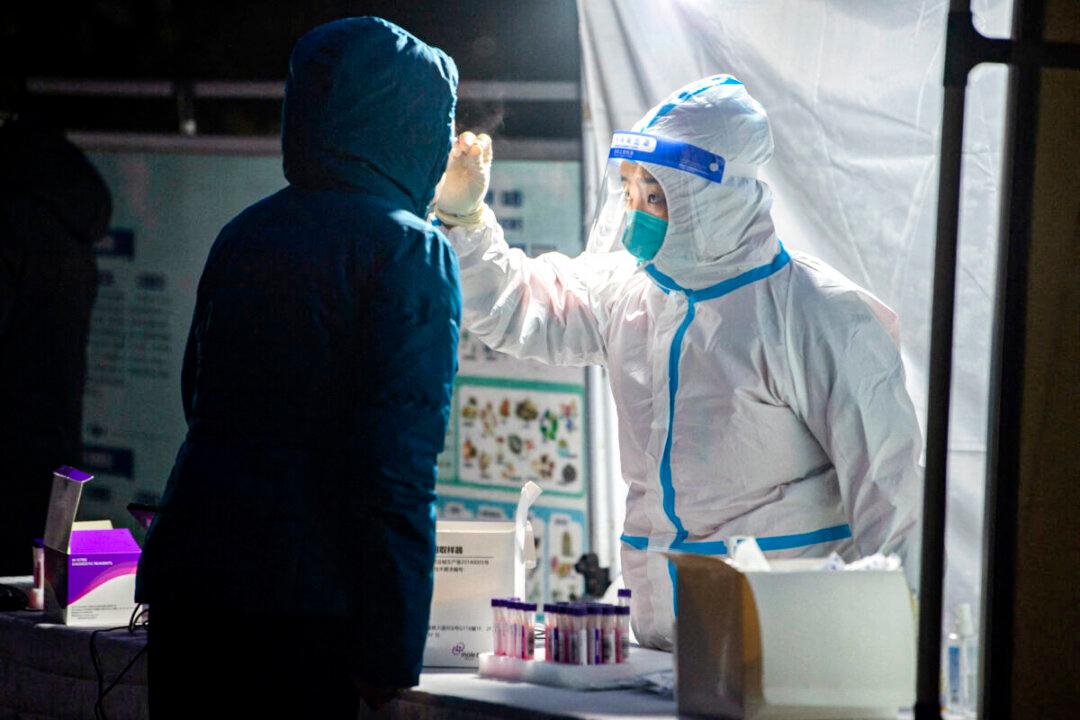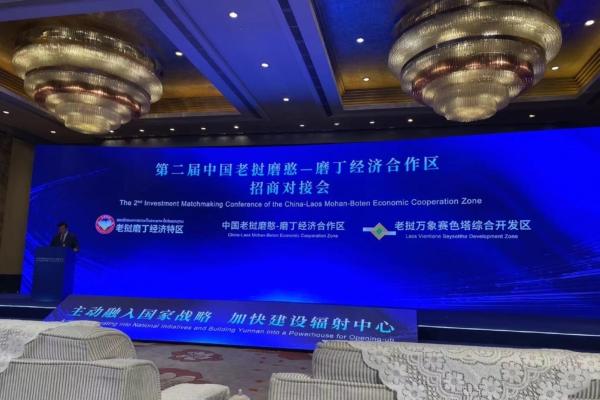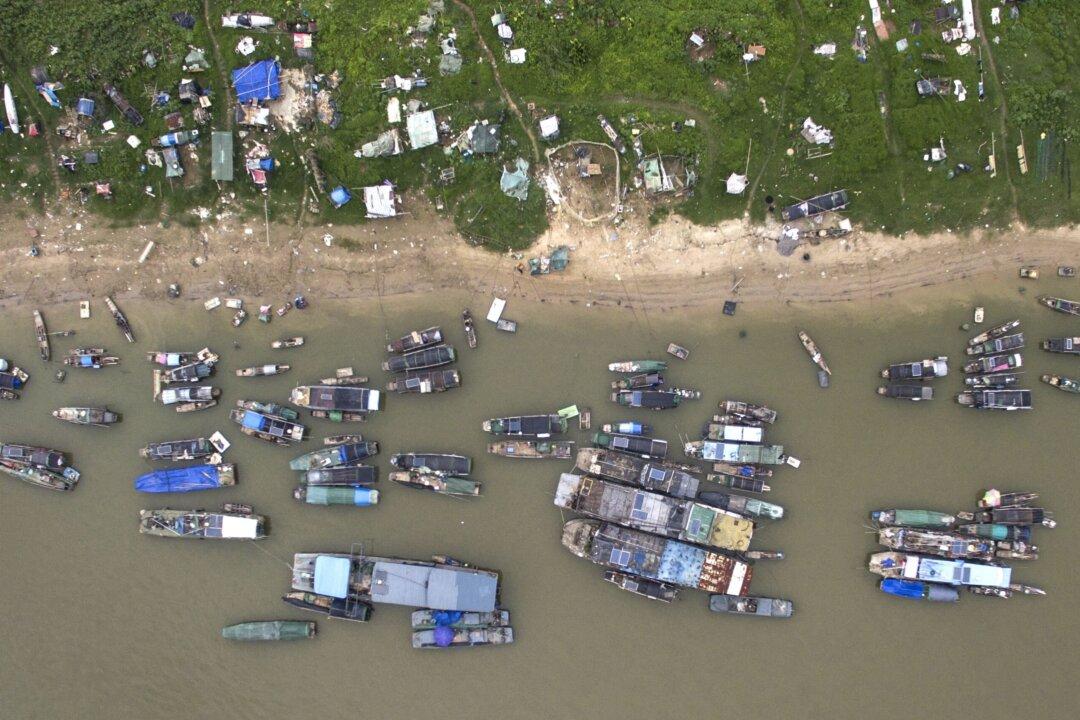China’s extreme zero-COVID policy and stringent lockdowns have caused suffering, especially among many medical and health professionals such as Yu Mingzhu (using an alias for safety) who is also the mother of two young children.
Yu is trained as a traditional Chinese medicine doctor and she works at a community health center in Shenyang City in northeastern Liaoning Province. There, she and her colleagues work long hours with few breaks while not being paid for any overtime work.




